#black bayou
Text
Robert Finley Interview: Something to Laugh About

BY JORDAN MAINZER
The most stunning and heartbreaking song on blues singer Robert Finley's latest album Black Bayou (Easy Eye Sound), is made up. On album closer "Alligator Bait", the narrator--at first talking rather than singing--describes trudging through the swamp, his grandfather having just purchased for him a pair of hip boots. Backed by Kenny Brown's spindly guitars, Eric Deaton's slinky bass, and Jeffrey Clemens' slow-burning, stomping drums, Finley's gruff voice tells the story of this character wading around, waiting for something to happen. He accidentally steps on an alligator's back, thinking it's a log; his grandfather shoots the gator after it reacts. Matter-of-fact, Finley states, darkly humorous, "A lotta kids got ate like that." But on the second half of the song, he sings, wailing like a bluesman who had his heart broken. Only this time, he's taken aback by familial betrayal, realizing his grandfather had only bought him the hip boots and told him to enter the swamp in order to use him as alligator bait. When the narrator goes home to tell his father, his father laughs and brushes him aside, confessing that the same thing happened to him when he was a kid. Most of us face a mini existential crisis when we learn our parents aren't perfect. The narrator of "Alligator Bait", on the other hand, has just learned of his own dispensability.
When I spoke to Finley over the phone a few days before Black Bayou was released in late October, he confessed, "'Alligator Bait' was supposed to be cheerful. I didn't want to make him look like a mean old grandpa. It's just something to laugh about," before pausing and adding, "Maybe it'll make some kids stay away from the creek." Indeed, seven years into his improbable comeback, Finley views his role as a singer and entertainer as twofold: meeting the audience at the heart while simultaneously giving them advice, telling them the barebones truth when other authority figures won't. On Black Bayou, he reckons with ideas of homesickness and loneliness, lust and love, selflessness and salvation. Buoyed by longtime collaborator Dan Auerbach of The Black Keys, Finley wrote all of the songs in the studio, and his familiarity with his supporting cast of musicians resulted in songs that were both efficiently recorded and emotionally acute. Brown's guitar winces with longing on "Livin' Out A Suitcase" as Finley's tired of traveling. On "Waste Of Time", a song that sees Finley taking pride in rural living even if it means missing out on opportunities provided by cities, the buzz-saw guitars and Clemens' clattering percussion yield a perfect maximalism to go along with Finley's claims that, yes, there's still a lot to digest right outside your doorstep. "There are so many guys down here with super talent," Finely said. "They haven't been exposed to the right places."
In fact, Finley's daughter and grandaughter, Christy Johnson and LaQuindrelyn McMahon, offer a prototype. Like many musicians and singers in rural Louisiana, Johnson had long been singing at church, specifically in the youth choir before she started traveling with her father, joining him on his 2019 America's Got Talent stint and eventually recording background vocals on 2021's autobiographical Sharecropper's Son. And Finley insisted to Auerbach on McMahon singing backup on Black Bayou, though she's also in her own band, according to Finley. After all, there's not much of a difference between blues and gospel music. As Finley puts it, it's just "Oh, baby!" versus "Oh, lord!"
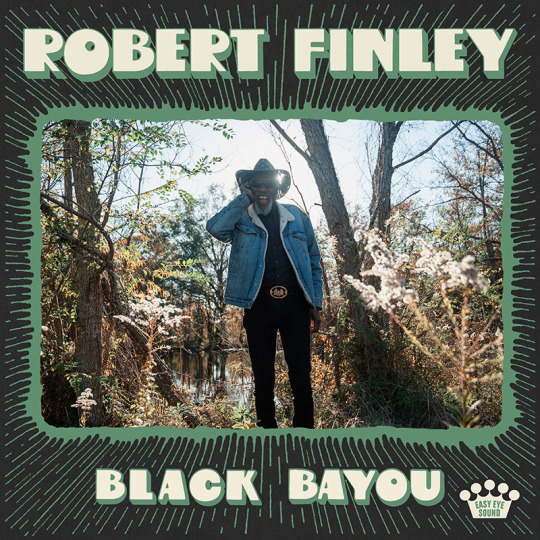
Really, Finley feels his songs could essentially soundtrack various milestones or important events in life. He made sweet doo wop outlier "Lucky Day" for others. "It's a wedding song. It's for people celebrating their 50th anniversary," he said. "It's one of those songs you can use in different situations." In contrast, he describes "Susie Q"-esque lurker "What Goes Around Comes Around" as "basically scripture," even as he sings lines like, "I got my whiskey and my woman / I ain't worried about a thing." Living the way you want and keeping to yourself can be a holy exercise, too. "They're the true facts. No sugarcoating," Finley said, adding, "Something the preacher ain't gonna say. They'd kick him out the church!"
The line between Finley's performance as authentic versus an act is not one he's really ultimately concerned with, as the very fact that he's gotten here is surreal. "I'm living my childhood dream at my age," he said. "I get a chance to express myself. To be able to go back and look at myself on film to see how I've made a fool of myself." Multiple times throughout our conversation, he referred to himself as in total service of the audience, wanting to make them laugh, wanting to make their lives easier, even if he needs to paint himself as a sinner or dunce in order to do so. Still, he has his head on his shoulders. "There's a difference between acting a fool and being a fool," Finley said. "One means you're a really good actor because you can act crazy, and the other says, 'You're fucking crazy for real.'" Find me a preacher who'd admit that!
youtube
#interviews#robert finley#black bayou#easy eye sound#kenny brown#eric deaton#jeffrey clemens#dan auerbach#the black keys#christy johnson#laquindrelyn mcmahon#america's got talent#sharecropper's son
0 notes
Text
Robert Finley
Black Bayou (2023)
… vivid collection …
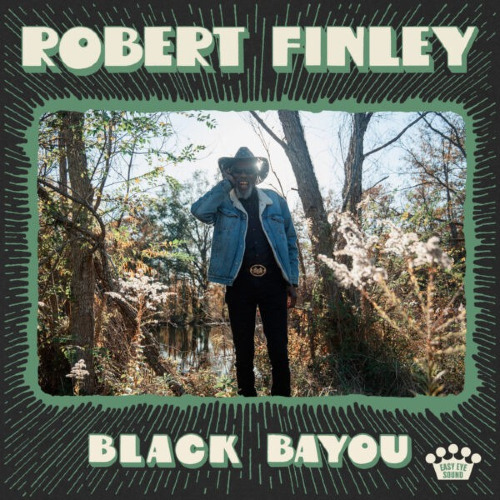
0 notes
Text
Robert Finley Releases “What Goes Around (Comes Around)” Ahead of His Forthcoming LP ‘Black Bayou’

https://music.mxdwn.com/2023/06/29/news/robert-finley-releases-what-goes-around-comes-around-ahead-of-his-forthcoming-lp-black-bayou/
0 notes
Text
I may have been a little bored
Bitb ≈ 11:43:12
Apotheosis ≈ 27:15:26
Suckening ≈ 39:58:43 up to 13
Convergence ≈ 18:35:59
Avg episode length ≈ 3:57:28
Convergence with average 3 missing episodes ≈ 30:28:23
Pd s1 ≈ 43:48:16
Pd s2 ≈ 71:58:15
All pd ≈ 115:46:31
Fated s1 ≈ 52:07:34 not including the recap
Fated s2 ≈ 97:36:07
All of fated ≈ 149:43:41 with out recap
All of fated ≈ 150:49:36 with recap
Riptide ≈ 197:41:08 with out origins
Riptide ≈ 199:31:54 with origins
The black rose pirates ≈ 4:28:19
Mythborne ≈ 6:05:34
Age of heros ≈ 4:24:05
Monster control services ≈ 4:02:11
All together ≈ 582:41:30
#jrwi show#jrwi prime defenders#jrwi riptide#jrwi the suckening#jrwi the fated#jrwi monster control service#jrwi age of heros#jrwi mythborne#jrwi blood in the bayou#jrwi black rose pirates#jrwi convergence#just roll with it#jrwi#idk how i did this#i
424 notes
·
View notes
Text
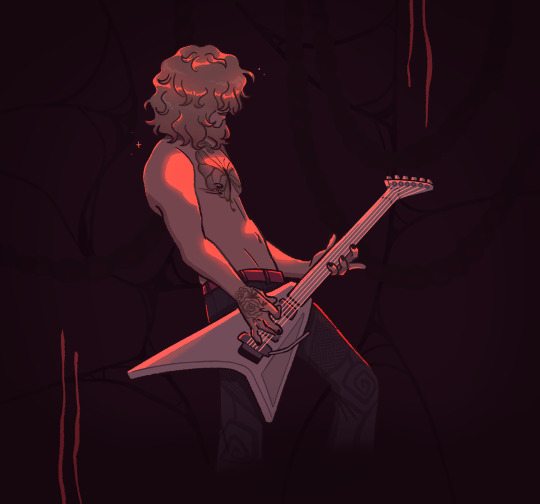
kian stone!!!! based on this twt post
#mine#saw the post blacked out for 3 hours bon appetite#kian stone#jrwi#just roll with it fanart#blood in the bayou#jrwi bitb#bitb fanart#i'm never drawing a fucking guitar again no one let me do that
405 notes
·
View notes
Text



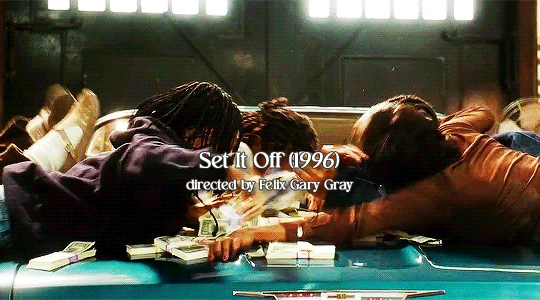
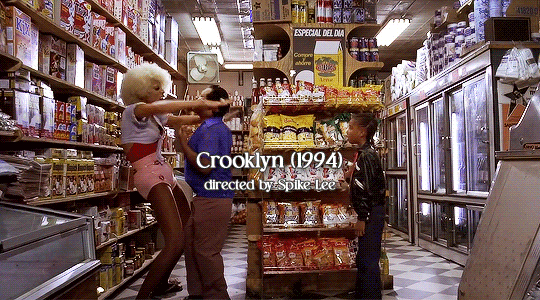
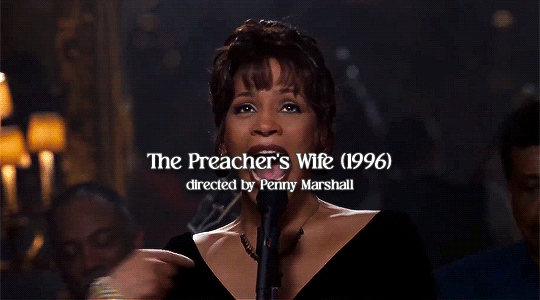

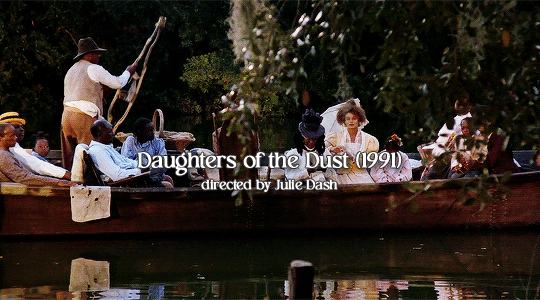
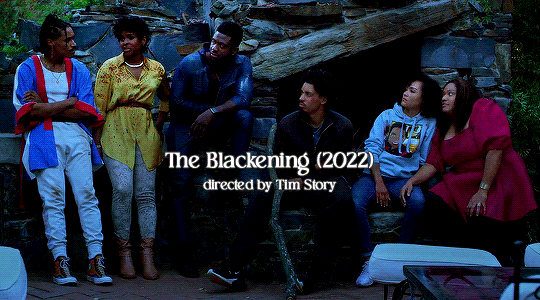


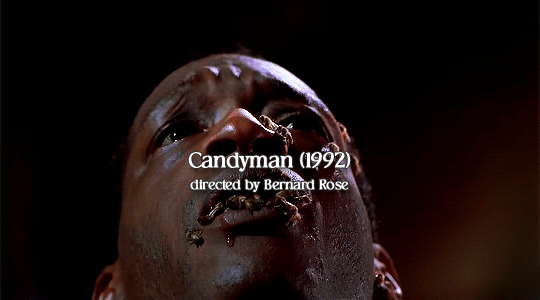
Celebrating Black History Month
Favourite Black Led and/or Focused Films
#black history month#coming to america#eve's bayou#under the cherry moon#set it off#crooklyn#the preacher's wife#last holiday#daughters of the dust#the blackening#mo' better blues#i like it like that#candyman#blackactorsdaily#fyeahmovies#black films#filmedit#filmgifs#moviegifs#pocedit#mocedit#wocedit#black filmmakers#splashes
443 notes
·
View notes
Text


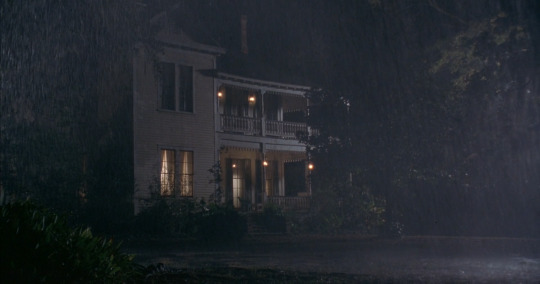
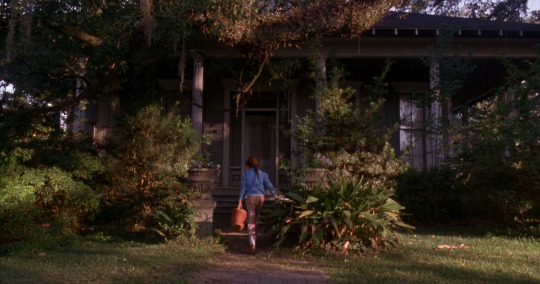
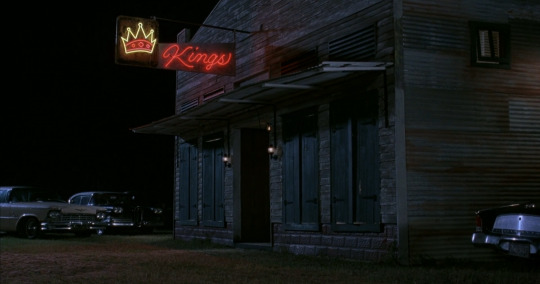
Eve's Bayou (1997), dir. Kasi Lemmons
#eve's bayou#southern gothic#american gothic#louisiana#rural gothic#black films#90s cinema#90s movies#deep south#gothic film#kasi lemmons#josiah's caps
973 notes
·
View notes
Text
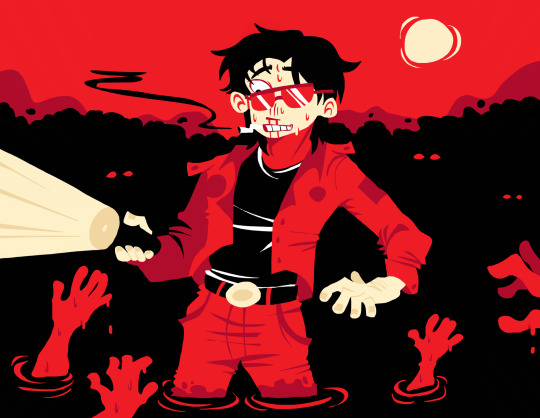
Weird experimental Rand thing using this color palette vvv
Not sure how much I like it

(The album with Kashmir bee tee dubs lol)
Can we also talk about how it’s gay as fuck to memorize the rhythm of your best friends favorite song like why did Rolan know that .. is he gay
#him with black hair feels so wrong but red felt . wronger#I like Timothy rand a normal amount#jrwishow#jrwi art#jrwi#jrwi podcast#jrwi fanart#jrwi rand#jrwi timothy rand#timothy rand#jrwi blood in the bayou#jrwi bitb#blood in the bayou#beetles art
389 notes
·
View notes
Text
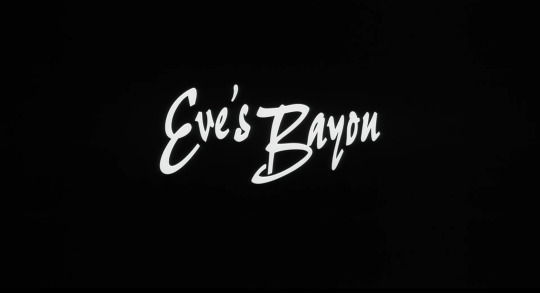


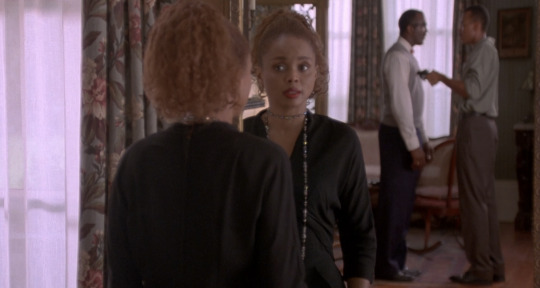
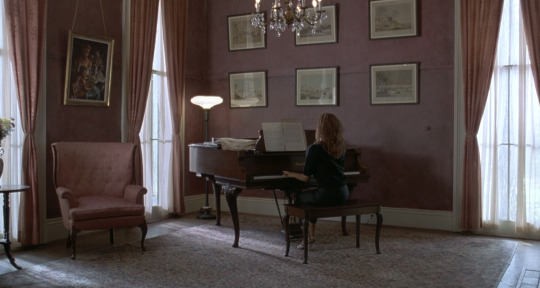

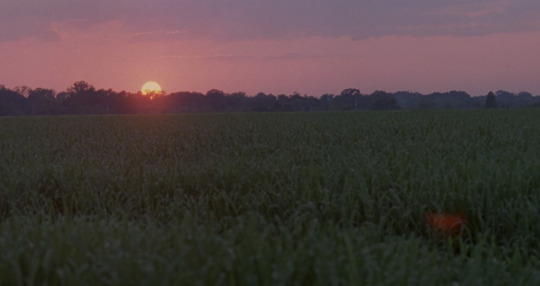
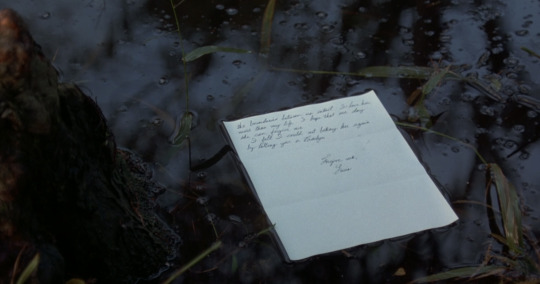
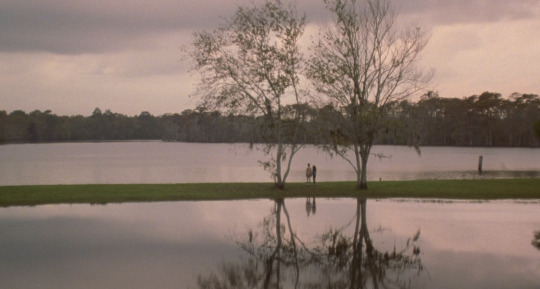
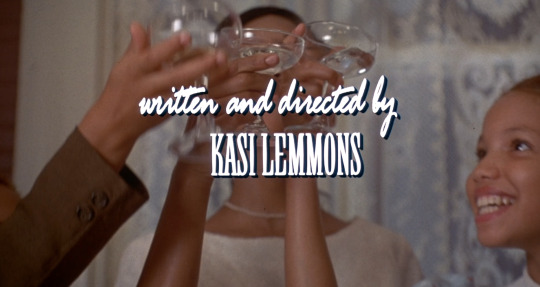
Eve's Bayou (1997)
Director: Kasi Lemmons
Cinematographer: Amy Vincent
#fuckyeahwomenfilmdirectors#blackactorsdaily#eves bayou#jurnee smollett#megan good#samuel l jackson#lynn whitfield#black films#black filmmakers#black directors#eve's bayou
160 notes
·
View notes
Text
“she’s so me”
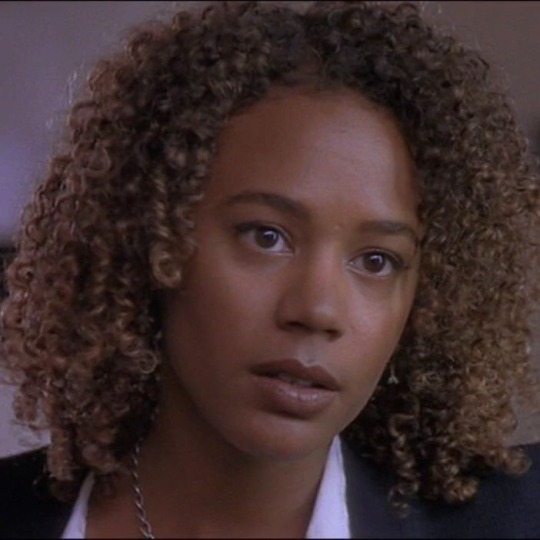
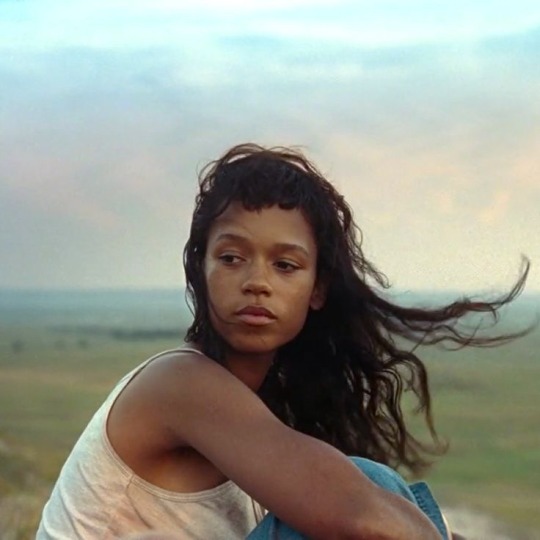
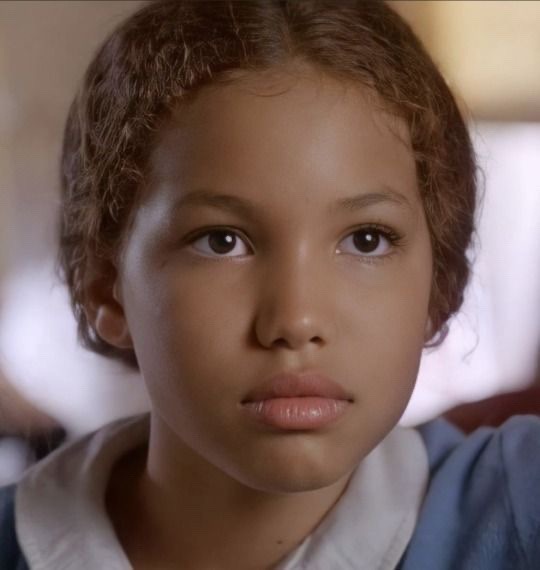
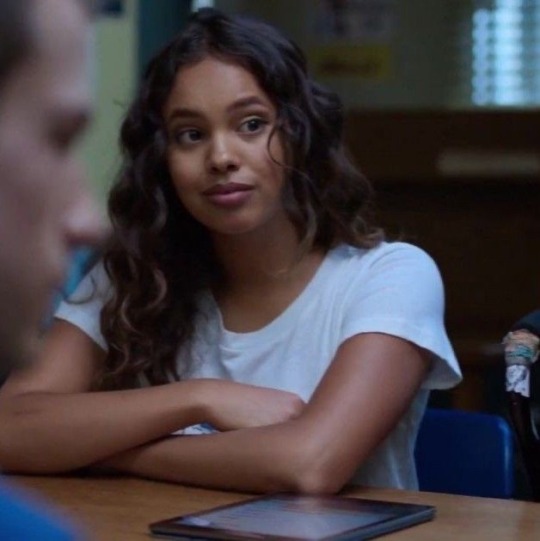
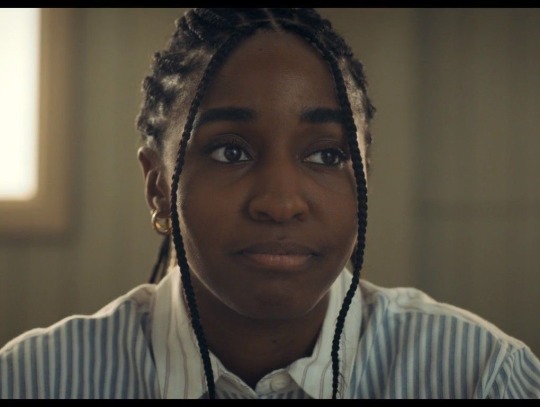

#black girl tumblr#coquette#girlblog#girlblogging#the craft#rochelle zimmerman#bones and all#eves bayou#13 reasons why#the bear sydney#prudence blackwood#gaslight gatekeep girlboss#representation matters#female hysteria#coquette girl#cause she literally is#black girl moodboard#manic pixie dream girl#female manipulator#this is a girlblog#black girl#coquette aesthetic#girl interrupted#just girly posts#this is what makes us girls#girl boss gaslight gatekeep#girl blogger#girlblogger#girlhood
186 notes
·
View notes
Text
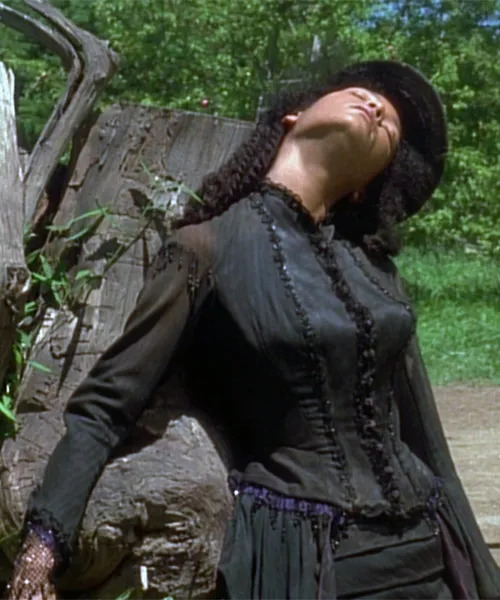
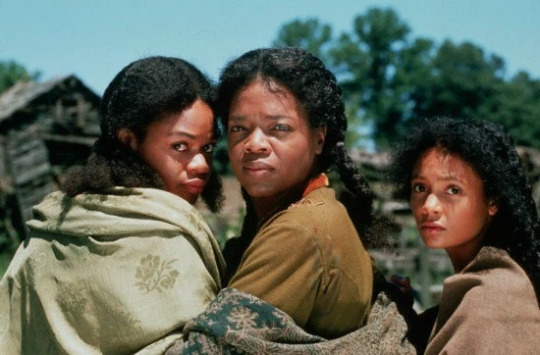
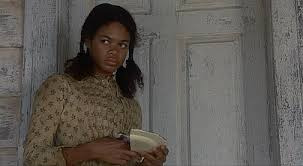
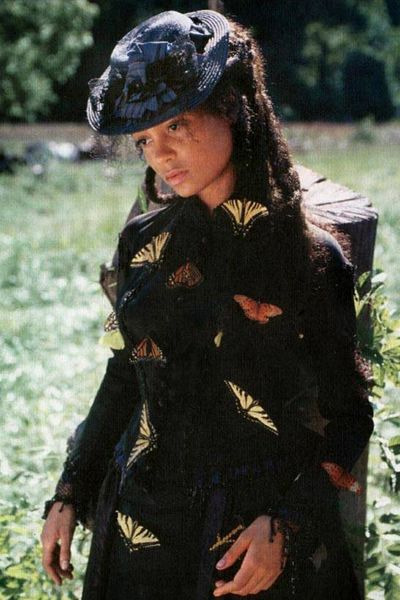
BELOVED - 1998
#jonathan demme#thandie newton#oprah winfrey#kimberly elise#beloved#toni morrison#underrated af#came out at the wrong time#ahead of its time#plus the trauma in this movie is the heaviest I've ever seen for specifically black generational trauma#the story SPOILERS...#enslaved black woman played by Oprah#named Sethe#murders her infant child born of SA#is later haunted by a haint/ghost/spectre of the child played by Thandie#another spooky black southern gothic movie#that isn't talked about as much as Eve's Bayou#paul newman said it was the best movie he'd ever seen#but it was predictably snubbed at the oscars#tough watch darkly beautiful#A+ aesthetic and performances#halloween reflections of blackness#black american gothic#the book is better of course#but the movie is good
102 notes
·
View notes
Text
Black Horror and Portrayal of Occult
Black horror has consistently been entranced with magic and mysticism, portraying African cultural aesthetics such as Vodou and ancestor worship. Many Black horror movies include themes of possession, occult, and ritualism which are portrayed differently from other horror because of a unique and stigmatized cultural lens.

Eve’s Bayou is interesting in its portrayal of Vodou and mysticism, as supernatural aspects of Black Southern life seem to be normalized. There are a range of different powers at play within the film, such as with Aunt Mozelle who is simultaneously blessed with foresight and plagued by a curse that has killed all her past lovers in varying gruesome fashion. The film’s main character, Eve, is also clairvoyant herself, and recruits the help of a Vodou lady in order to kill her promiscuous father. Eve is played by Jurnee Smollet, who also happens to star in Lovecraft Country, another show which centers itself around the occult.
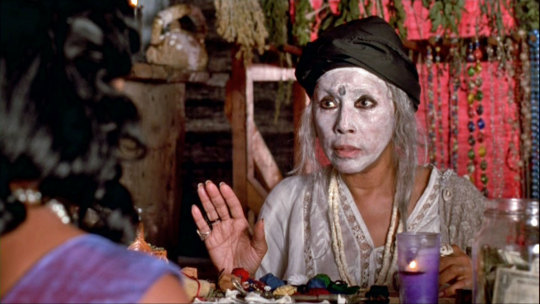
Magic and mysticism is also very present in Blaxploitation horror, such as Scream Blacula Scream with its revival of Blacula via Vodou, or Sugar Hill, which makes use of the Vodou zombie trope through a thrilling tale of revenge. You also have the film, Abby, a horror film in which a woman is possessed by the Yoruba sex spirit, Eshu. Blaxploitation horror also includes portrayals of Black vampires and ghosts, heavy with themes of retribution, racism, and other social issues. These Blaxploitation films, while not really the best portrayal of African occult practices, are unique from other horror in that the horror is specifically of Black origin, again, an example of how Black horror looks at magic and mysticism through a cultural lens. This is in contrast to Western horror flicks, which seem to revolve around the general white sphere and look at magic and mysticism through a strictly gimmicky lens (vampires not as cultural figures, but as marketable boogeymen).
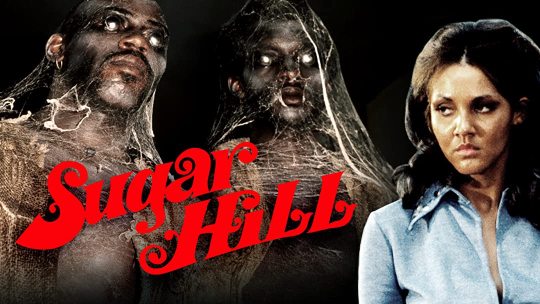
Themes of magic and mysticism can also be found in films such as Get Out, Candyman (both the originals and the sequel), and His House. Get Out’s usage of the mysticism is much more subtle than the rest, but it can be found in the beginning with the usage of the song, Sikiliza Kwa Wahenga, a Swahili song which Jordan Peele states is mean to represent Chris’s ancestors warning him to “get out”. Candyman’s usage is a bit more obvious, with magic and mysticism represented through the oral passage of Candyman as urban legend, which is explored in the 2021 sequel as a simultaneous representation of oral traditions of old, as well as generational trauma from racialized killings of Black men. Lastly, His House makes use of the apeth, otherwise known as a Night Witch in Dinka culture, a creature by which they must repay a debt to after abducting a child and getting said child killed.

#his house#get out#black horror films#horror movies#horror films#lovecraft country#candyman#sugar hill#eves bayou#blacula#blaxploitation#abby
488 notes
·
View notes
Text

“The second the stinger went down his throat, Kian Stone was dead”
Finally listened to BITB and LOVED it!!
Close ups under the cut:


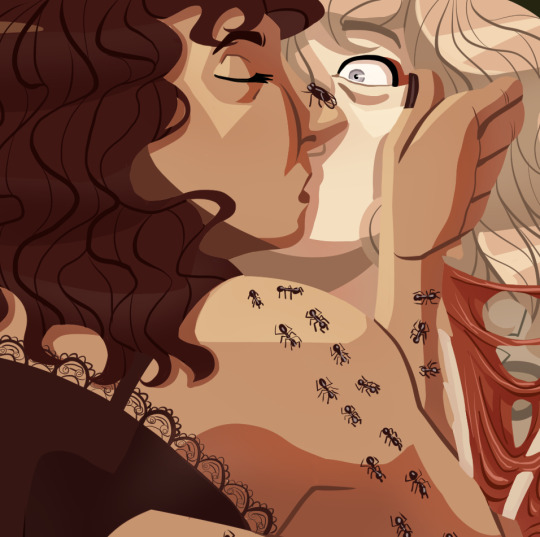
#jrwi#bitb#blood in the bayou#kian stone#Rebecca jones#Becky jones#jrwi bitb#jrwi spoilers#bitb spoilers#gore tw#body horror tw#yeah flower symbolism. I think I’m clever#me and the bug gf#bugs#tw bugs#edit: the flowers are oleanders. spider lillies. and black dahlias for those curious#fun fact spider lillies are invasive to the south Louisiana bayou#so that part actually works#dunno about the other two
133 notes
·
View notes
Text
Some doodles in these trying times







Depressive episode still going, I'm fine rn thankfully tho. I'm especially happy with the last 2 drawings tho cause I finally got some sharpies so I won't have to use pen as the outline ^^ (I'm not a fan of using pen tbh but didn't have any good sharpies for the first page in this notebook 😭) also a band thing went well yesterday, I ate sushi with some besties
Anyway, thanks for reading! Remember to hydrate and self care and I hope you have a good day :)
#cage-cat#tf2#the living tombstone#team fortress 2#the walten files#blood in the bayou#bitb#jrwi bitb#twrp#twrp band#cowboy bebop#jet black#jack walten#tf2 medic#bitb rand#timothy rand#havve hogan#tesla tlt#traditional art#hit the snooze#tlt snooze#tf2 engie#engineer tf2
29 notes
·
View notes
Text

90 notes
·
View notes
Text
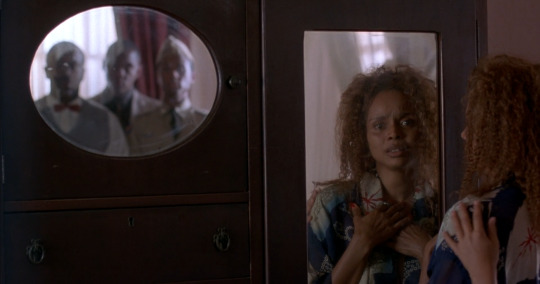

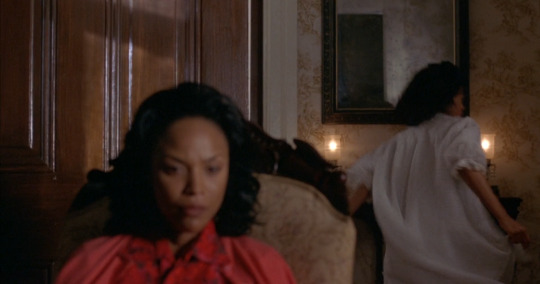
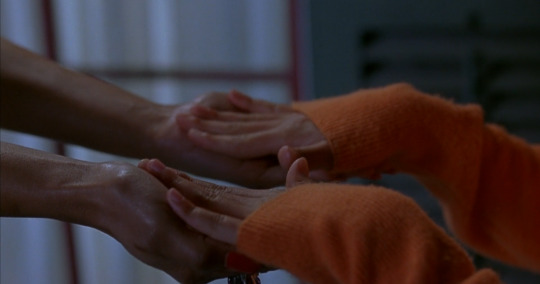
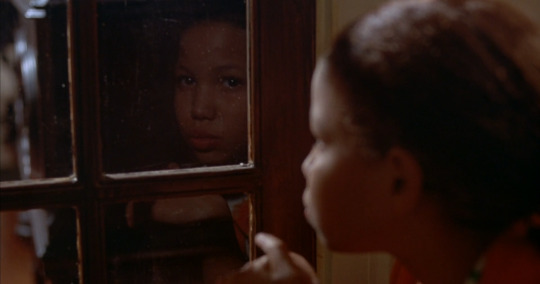
Eve's Bayou (1997) dir. Kasi Lemmons
#eve's bayou#southern gothic#kasi lemmons#black films#90s movies#90s cinema#gothic films#american gothic#black cinema#josiah's caps
103 notes
·
View notes